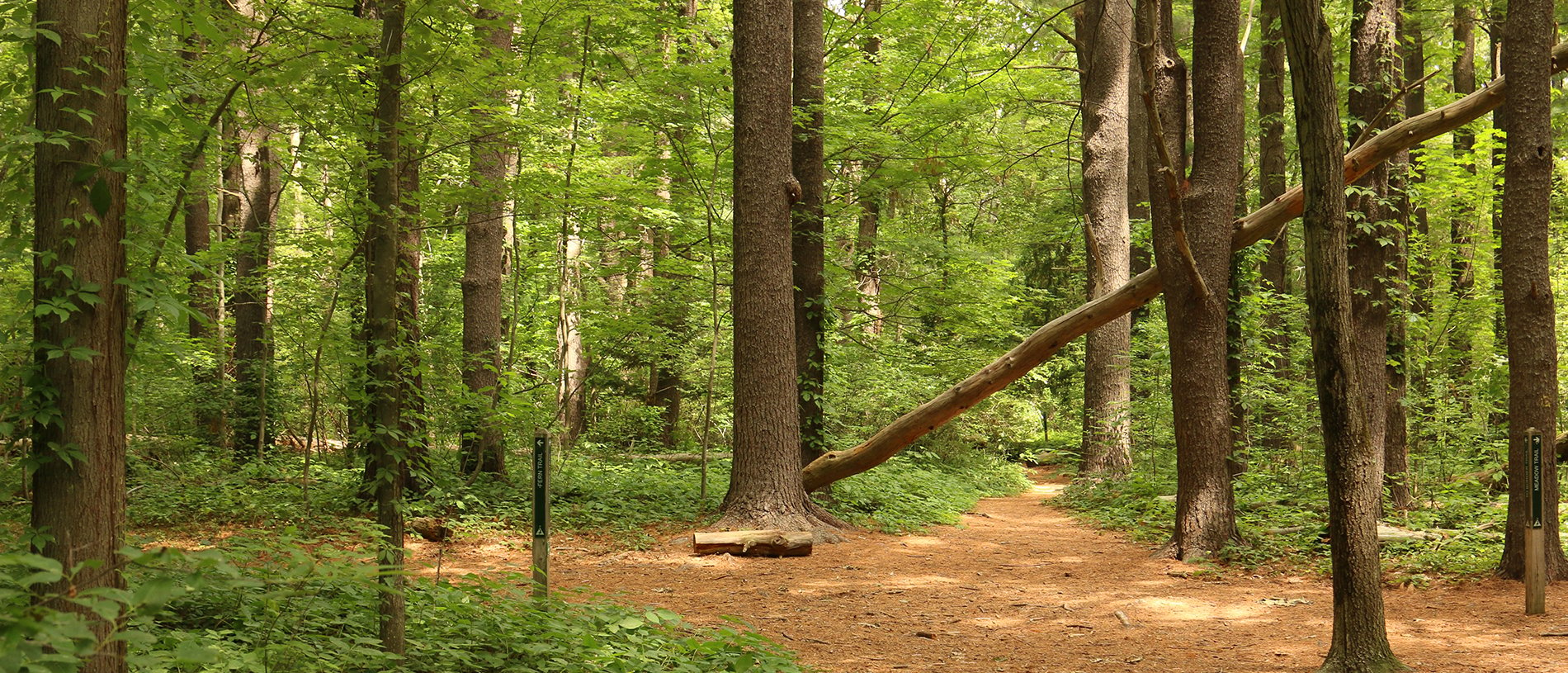Protecting Birds & Wildlife
Applying for Research Permits
Mass Audubon’s wildlife sanctuaries offer a stunning diversity of habitats— from forests, grasslands, and woodlands to freshwater wetlands, salt marshes, and barrier beaches— for scientists to conduct environmental research.
Mass Audubon hosts research projects that:
- support ecological management of species, communities, ecosystems, and landscapes
- improve understanding of conservation issues relevant to Massachusetts
- incorporate educational outreach into a research program (strongly recommended)
Mass Audubon welcomes applications from funded researchers but cannot provide financial support to projects or assist with securing funding.
Research Protocols and Reporting Requirements
Outside researchers working at our sanctuaries agree to abide by the Code of Conduct for Research on Mass Audubon Wildlife Sanctuaries.
Limited collecting of cultural artifacts, water, rocks, soils, and organisms and their parts (e.g., bones and shells) may be allowed if the researcher possesses the required valid permits or other approvals and provides the scientific justification in his/her research application. Materials collected from Mass Audubon properties shall be used for scientific or educational purposes only, shall be dedicated to public benefit, and shall not be used for financial gain or to offset research or other expenses.
Researchers who plan to hold or manipulate vertebrate animals must submit a plan approved by a university Institutional Animal Care and Use Committee or other valid plan or research permit. Mass Audubon can provide a template upon request. Proof of federal and/or state banding permits, if applicable, must be submitted as part of full applications. Mistreatment of live animals will result in immediate revocation of research permissions at all Mass Audubon properties.
Researchers carrying out projects that last longer than one year on Mass Audubon sanctuaries shall submit an annual progress report to Mass Audubon, to be submitted no later than December 1 of each year. Additional details regarding reporting expectations will be provided as part of the full proposal application process.
Insurance Requirements
Adequate insurance coverage is a condition of approval for any research application, and coverage must be obtained before field activities can begin. University researchers should consult with their home institutions on procedures for obtaining a certificate of insurance.
Some projects of limited scope and in direct support of Mass Audubon goals can be completed without separate insurance if the researcher is defined as a volunteer by the regional director in the Agreement of Permission. Investigators at smaller institutions or without a university affiliation are encouraged to discuss alternate options prior to submitting a full application.
How to Apply
The research application process begins with a pre-application form, which must be approved before submitting a full application. You will be asked to provide general information, including the title of the proposed research project, name(s) of Principal Investigator and any research assistants, a non-technical abstract describing the proposed work, expected start date and duration, affiliation, and any current or anticipated funding source(s).
Most pre-applications are reviewed within 2 weeks and additional information on submitting a full application will be provided upon pre-application approval. Full applications will be evaluated on the basis of their scientific merit and to ensure no undue burden on sanctuary staff. Decisions regarding full applications can generally be expected in 2-6 weeks.
Mass Audubon receives 20-30 research applications per year with many projects starting in spring. While applications are accepted on a rolling basis, we encourage applicants with projects beginning in the spring to submit their application several months in advance of their start date.
Questions about the application process? Contact [email protected].



